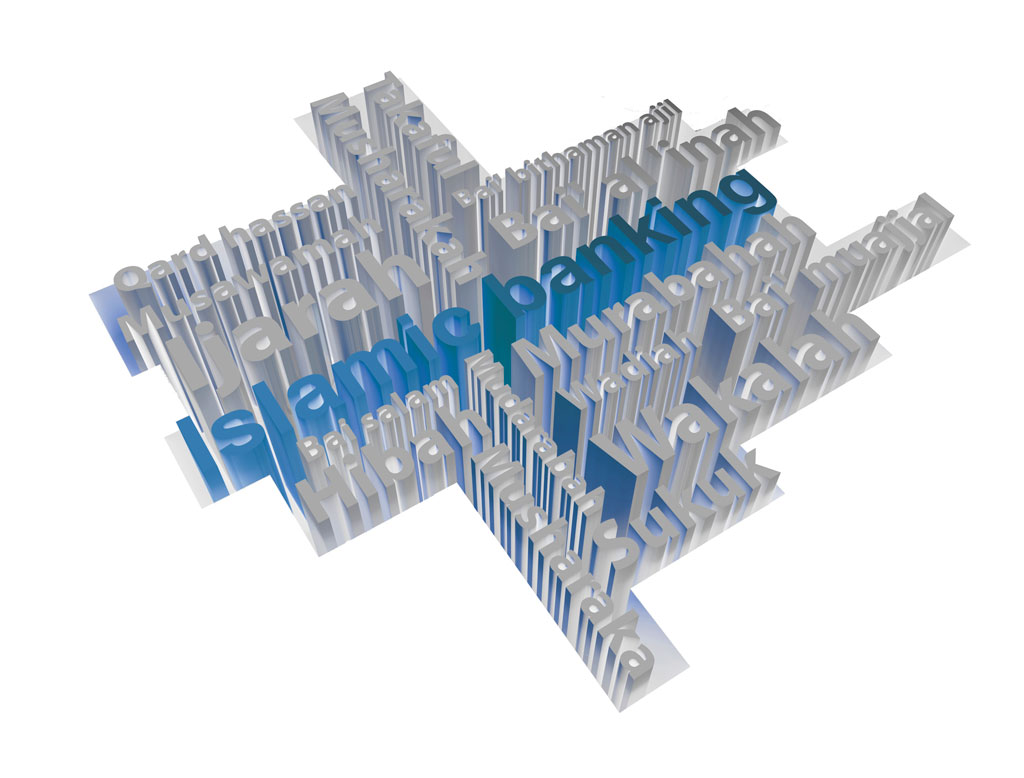
Silke N Kumpf considers the significance of the worldwide rise in Islamic finance structures
With landmark infrastructure developments such as London’s Shard and Battersea Power Station funded by Islamic finance vehicles and the issuance of UK’s first Sukuk earlier this year, Islamic finance has gone mainstream: not only in its centres of Malaysia or the Middle East but also the UK. Worldwide, the growth of Sukuk has played an important role in the industry’s expansion.
With Sukuk issuances proliferating, there are bound to be Sukuk defaults in the future. Yet, uncertainty remains as to what happens at insolvency. The complicated nature of Sukuk continues to pose an inherent “Sharia risk”, particularly as innovative structures have recently returned into the Sukuk sphere in the run-up to Basel III.
Sukuk are participatory certificates distinct from bonds
The Accounting and Auditing Organization for Islamic Financial Institutions (AAOIFI) defines Sukuk as certificates of equal value which give title to rights in tangible assets, usufructs and services, or equity in either a project or a special investment









